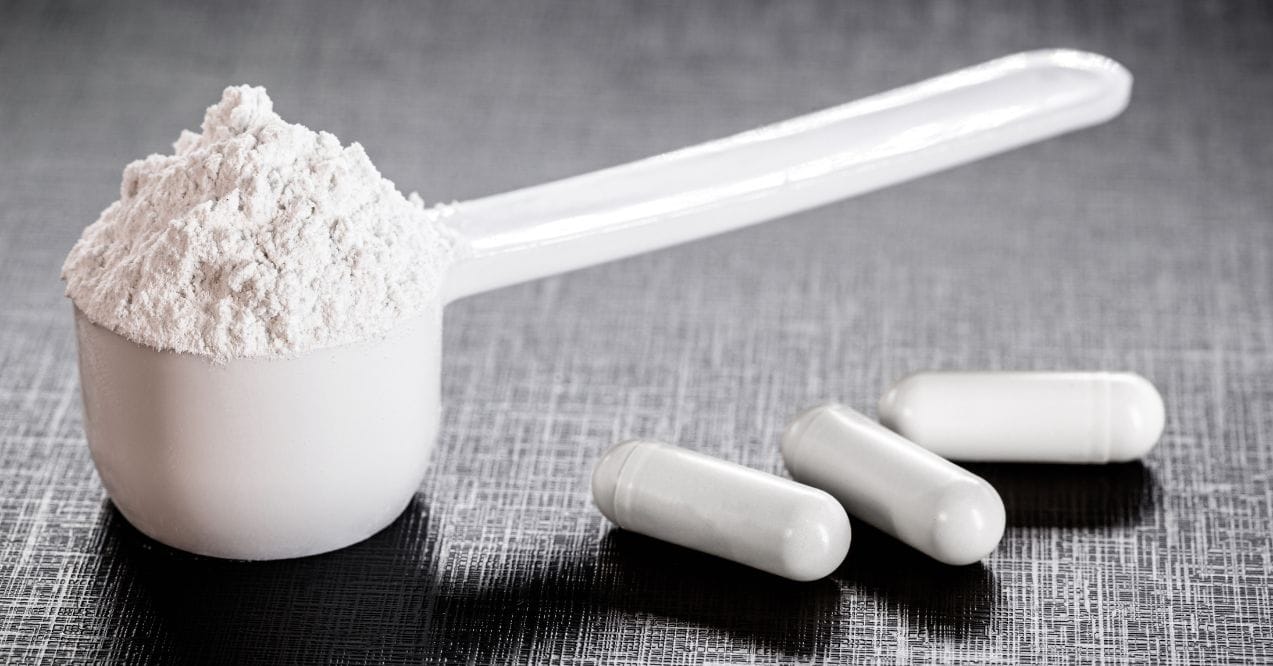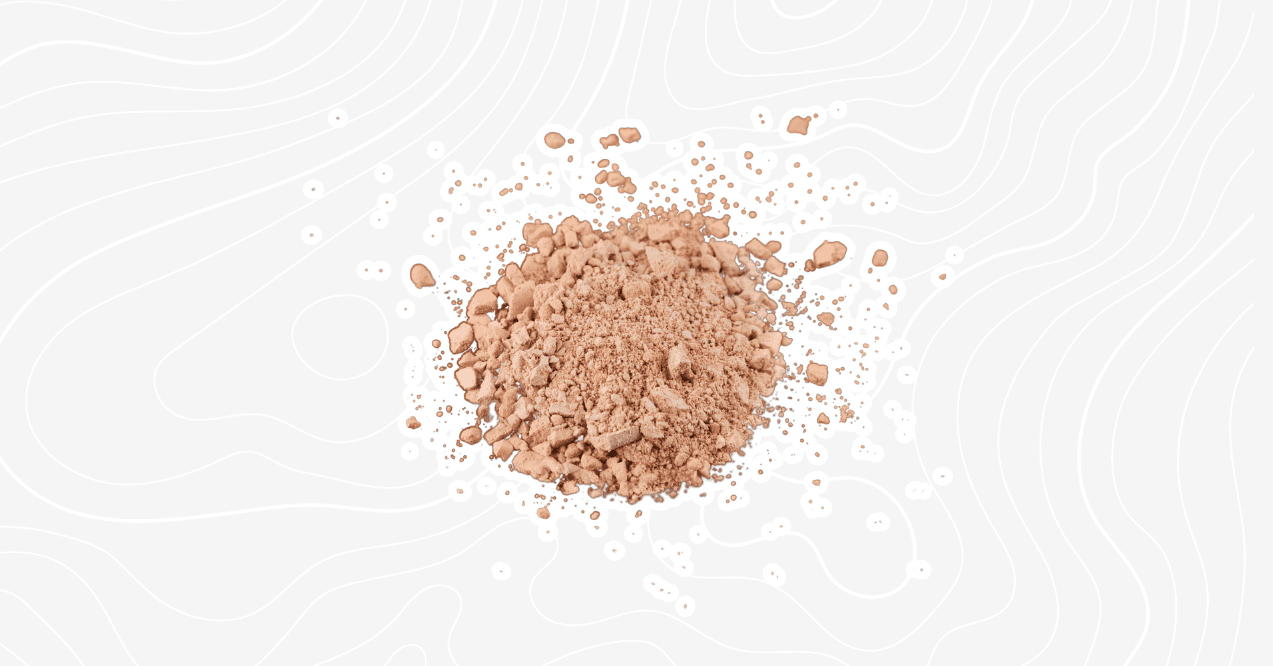Is Collagen a Complete Protein?
In the bustling world of health and wellness, collagen has stepped into the spotlight, celebrated for its potential benefits for mental clarity, skin, hair, and joints. Yet, a crucial question emerges: is collagen a complete protein? This nutritional riddle has left many health enthusiasts perplexed.
Today, we’re delving deep into the protein universe to unravel this mystery and help you understand how collagen fits into your nutritional landscape. Additionally, for those seeking to enhance their overall well-being, incorporating mood boosting supplements alongside collagen may offer a holistic approach to both physical and mental health. Curious about how collagen compares to other supplements like biotin? Understanding biotin vs collagen can provide insights into choosing the best option for your needs.
Key findings:
What Is a Complete Protein?
Before we tackle the collagen question, let’s get clear on what a complete protein actually is. A complete protein contains all nine essential amino acids in sufficient quantities. These amino acids are called “essential” because our bodies can’t produce them on their own – we need to get them from our diet. Complete proteins are like the all-star team of the protein supplement world, providing everything your body needs in one package.

Is Collagen a Complete Protein? Understanding Complete Proteins
Collagen is the most abundant protein in our bodies, making up a significant portion of our skin, bones, and connective tissues. It’s commonly sourced from animal products like beef, chicken, fish, and eggs. But does collagen fit the definition of a complete protein?
The short answer is no, collagen is not a complete protein. While collagen is rich in several amino acids, it lacks tryptophan, one of the nine essential amino acids. This absence means that collagen falls short of being classified as a complete protein.
But don’t write off collagen just yet! It still offers numerous benefits and can be an excellent addition to your diet when combined with other protein sources. In fact, many people wonder about collagen and bone broth together, as both are popular in health-conscious circles. Bone broth is a rich source of collagen, but how much collagen is in bone broth can vary depending on the preparation method and ingredients used.
The Essential Amino Acids
To truly understand why collagen isn’t a complete protein, let’s take a closer look at the nine essential amino acids and their roles in our body:
Histidine
- Role – Crucial for growth and tissue repair
- Importance – Histidine is a precursor to histamine, playing a key role in immune responses and digestion. It helps maintain the myelin sheath, a protective coating around nerve cells. Interestingly, histidine levels in the body fluctuate throughout the day, influencing our sleep-wake cycle.
- Sources – Meat, fish, poultry, nuts, and seeds
Isoleucine
- Role – Involved in muscle metabolism and hemoglobin production
- Importance – As one of the branched-chain amino acids (BCAAs), isoleucine assists in hemoglobin production. Athletes often supplement with isoleucine to improve endurance and aid in muscle recovery.
- Sources – Eggs, soy protein, spirulina, and most animal proteins
Leucine
- Role – Stimulates protein synthesis, especially in muscles
- Importance – Often called the ‘main’ amino acid for muscle protein synthesis, leucine activates a pathway that stimulates muscle growth and reduces muscle breakdown. It’s widely used in sports nutrition to enhance athletic performance and recovery.
- Sources – Dairy products, soy, beans, and animal proteins
Lysine
- Role – Crucial for calcium absorption and collagen formation
- Importance – Lysine helps your body absorb calcium and is essential for producing carnitine, which turns fatty acids into energy. Some people use lysine supplements to manage cold sores, as it may inhibit the herpes simplex virus.
- Sources – Red meat, poultry, cheese, and certain fish like sardines
Methionine
- Role – Aids in metabolism and detoxification
- Importance – Methionine contains sulfur, crucial for many bodily functions. It helps produce cysteine and creatine, supporting muscle energy. It’s often combined with choline in liver health supplements.
- Sources – Eggs, fish, and many seeds and nuts
Phenylalanine
- Role – Precursor to tyrosine, a building block for several important neurotransmitters
- Importance – Your body converts phenylalanine into tyrosine, used to produce dopamine, epinephrine, and norepinephrine – neurotransmitters affecting mood, focus, and stress responses.
- Sources – Most foods high in protein, especially meat, fish, eggs, and dairy
Threonine
- Role – Important component of structural proteins like collagen and elastin
- Importance – Threonine is crucial for producing glycine and serine, and plays a role in fat metabolism and immune function. It’s particularly important for maintaining the proper protein balance in the body.
- Sources – Lentils, meat, cottage cheese, and eggs
Tryptophan
- Role – Precursor to serotonin, a neurotransmitter that regulates mood and sleep
- Importance – Beyond serotonin production, tryptophan is needed to produce niacin (vitamin B3) and melatonin. Contrary to popular belief, tryptophan in turkey isn’t solely responsible for post-Thanksgiving dinner drowsiness; it’s more likely due to the high-calorie meal and relaxed setting.
- Sources – Turkey, cheese, nuts, seeds, fish, and oats
Valine
- Role – Stimulates muscle growth and regeneration
- Importance – The third BCAA, valine, is crucial for muscle metabolism, tissue repair, and maintaining proper nitrogen balance. It’s often included in supplements designed to support muscle growth and exercise recovery.
- Sources – Soy, cheese, peanuts, mushrooms, and most animal proteins
How to Make Collagen a Complete Protein?
While collagen isn’t a complete protein on its own, that doesn’t mean you can’t benefit from it. The key is to combine collagen with other protein sources to create a complete amino acid profile. Here are some strategies:
- Pair collagen with tryptophan-rich foods – Combine your collagen supplement with foods high in tryptophan like turkey, cheese, or oats.
- Diversify your protein sources – Include a variety of protein sources in your diet to ensure you’re getting all essential amino acids.
- Consider a balanced protein powder – Some protein powders combine collagen with other protein sources to create a more complete amino acid profile.
- Eat a well-rounded diet – Focus on eating a variety of whole foods to naturally cover all your amino acid needs.
When it comes to optimizing your collagen intake, products like Trumeta Bone Broth Protein offer an interesting solution. This unique formulation combines the benefits of collagen with additional proteins and nutrients found in bone broth. It’s designed to support various aspects of health, from physical performance to skin elasticity.

Bone broth protein can be particularly beneficial for active individuals, potentially enhancing muscle growth and recovery after resistance training. It may also support joint health, making it a consideration for those experiencing discomfort. Additionally, the collagen content could contribute to skin hydration and elasticity, while the overall nutrient profile might support cognitive function.
Conclusion
In conclusion, collagen is not a complete protein because it lacks tryptophan, one of the nine essential amino acids required for a protein to be considered complete. However, this does not diminish its health benefits, as collagen supports skin, joint, and overall connective tissue health. To compensate for its missing amino acids, collagen can be combined with other protein sources, contributing to a more balanced amino acid profile. Including a variety of protein-rich foods in your diet ensures that your body receives all essential amino acids needed for vital functions like muscle repair and mood regulation. Popular sources like bone broth provide collagen, but the content may vary, highlighting the importance of dietary diversity. Remember, your body can efficiently combine amino acids from foods consumed throughout the day, so there’s no need to focus on achieving a perfect amino acid profile in a single meal.
Collagen isn’t a complete protein because it lacks tryptophan, one of the nine essential amino acids. Essential amino acids must be obtained through diet as our bodies can’t produce them. While collagen is rich in certain amino acids, its incomplete profile means it can’t fulfill all of the body’s protein needs on its own.
Yes, collagen definitely counts as protein. It’s the most abundant protein in the human body, making up a significant portion of our connective tissues. While it’s not a complete protein, collagen still provides valuable amino acids and can contribute to your overall protein intake. It’s particularly rich in glycine, proline, and hydroxyproline.
When using collagen, it’s crucial to consider the quality and source of the product, ensuring it’s from reputable suppliers. The type of collagen and its intended health benefits should align with your personal goals. Consider how it fits into your overall diet, potential allergens, and its form for easy incorporation. Pairing with complete proteins can enhance its effectiveness.
Advertisement. This site offers health, wellness, fitness and nutritional information and is designed for educational purposes only. You should not rely on this information as a substitute for, nor does it replace, professional medical advice, diagnosis, or treatment. If you have any concerns or questions about your health, you should always consult with a physician or other health-care professional. Do not disregard, avoid or delay obtaining medical or health related advice from your health-care professional because of something you may have read on this site. The use of any information provided on this site is solely at your own risk.







